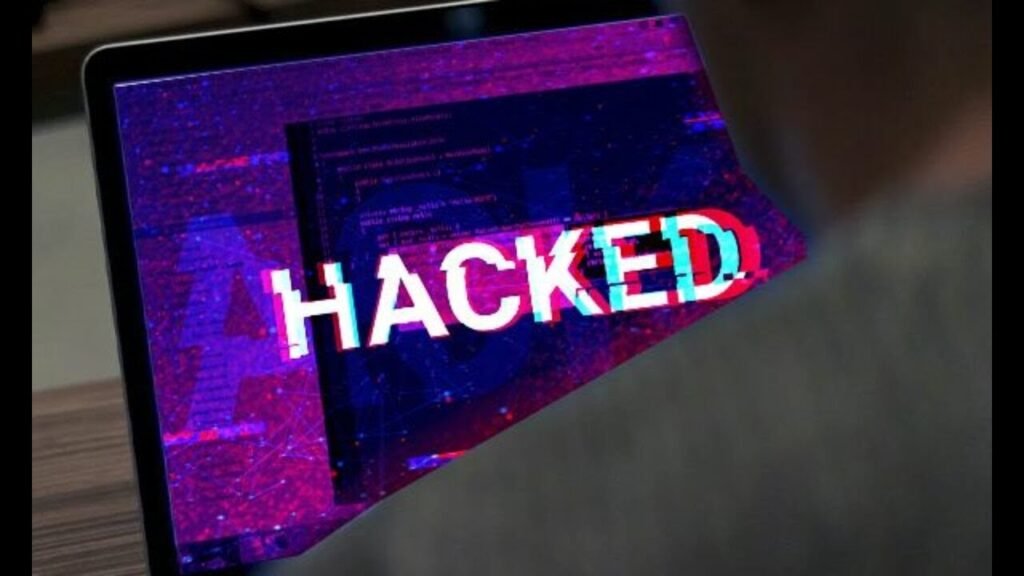A Canadian national faces charges for a large hack that caused over $65 million in losses. This is a major step in the decentralized finance (DeFi) industry. Concerning security protocols in the ever-changing DeFi Hack $65M. The accused—whose name is being suppressed pending investigations—is said to have taken advantage of flaws in the KyberSwap and Indexed Finance platforms.
Defi Hack Indexed & KyberSwap
The DeFi community was rocked in early 2023 when word broke of a major breach affecting Indexed Finance, a system that lets users build and manage crypto index funds, and KyberSwap, a significant decentralized exchange (DEX). Investors and customers alike were understandably alarmed by the attack. This happened over the weekend but went undetected for hours, and it finally came to light. One typical attack vector in DeFi is smart contracts, which the hackers use to steal millions of dollars worth of cryptocurrency.
Cybersecurity and law enforcement experts wasted little time examining the occurrence and the strategies utilized by the criminals. This hack put the responsibility for maintaining security under scrutiny, which is understandable given the potential and problems presented by the DeFi ecosystem’s complexity.
Defi Hack Canadian Arrested

After a thorough study, The digital footprints ran from the Canadian suspect. According to the study, the hacker employed several obfuscation strategies to conceal their identity. These efforts included using mixers and numerous Bitcoin wallets to obfuscate the source of the stolen assets. Regardless, forensic blockchain analysis was critical in solving the case.
The person faces accusations of identity theft, conspiracy to commit wire fraud, and wire fraud. The legal ramifications of taking advantage of online banking systems are brought to light by these grave accusations. Although the goal of DeFi Hack $65M to make the financial system more open and accessible. According to the prosecution, criminals are drawn to it to take advantage of its vulnerabilities.
Defi Hacks Spur Security Reforms
The breach caused a stir in the DeFi community, debating how to secure its systebetterers and who should be in charge of regulation. Hacks have grown in frequency, with multiple high-profile occurrences documented in 2023. Among the biggest, the $65 million loss at Indexed Finance and KyberSwap highlights the necessity for strong security measures and the susceptibility of smart contracts.
This has prompted other DeFi initiatives to reevaluate their security measures. Increase the frequency and severity of audits and enhance the quality of their smart contract code. To strengthen platforms against attacks, security organizations focusing on blockchain technology have been recruiting to conduct penetration tests. Additionally, legislators are under increasing pressure to establish DeFi-specific regulatory frameworks. That may strike a fair balance between encouraging innovation and safeguarding investors.
Educating for Safer DeFi Investments

Educating the public is an important step toward making the DeFi Hack $65M space more secure. Many people are unaware of the dangers of investing in decentralized protocols and don’t know enough about smart contracts or their dangers. Prominent figures in the field call for more educational campaigns to teach people how to be safe when using DeFi platforms.
Users can better traverse the complex terrain with forthcoming informational tools, webinars, and seminars. The DeFi community aims to provide invwithiinvestorstersr an environment by raising security knowledge and reducing risks.
Regulating DeFi Innovation vs. Security
Beyond the immediate incident, this case has deeper consequences. It stresses the importance of thorough regulatory structures that can handle the peculiarities of a decentralized society. The number of hacking and exploitation cases has increased, prompting regulators to seek solutions. To safeguard customers and maintain fair practices in the dynamic DeFi industry.
How to regulate decentralized financial infrastructure (DeFi) and cryptocurrencies is a problem for governments around the world. There is a lot of pressure on lawmakers to pass legislation that will prevent fraud and let legitimate projects flourish without excessive regulation. A middle-ground strategy is necessary to encourage innovation while simultaneously protecting user interests.
In summary
After the $65 million attack rocked the DeFi Hack $65M community to its foundation, regulatory actions and security practices were re-examining. The incident hurt Indexed Finance and KyberSwap. Authorities are working to bring individuals guilty to justice, but this case should be taken as a warning about the limitations of autonomous financing.
The next step is strengthening security measures and teaching consumers how to treat this intricate environment properly. Developers, users, and regulators can work properly together to shape DeFi’s future. Keeping it competitive with traditional financial systems and safeguarding everyone’s. Interests in an environment where innovation happens rapidly with the possibility of exploitation.
[sp_easyaccordion id=”3798″]

